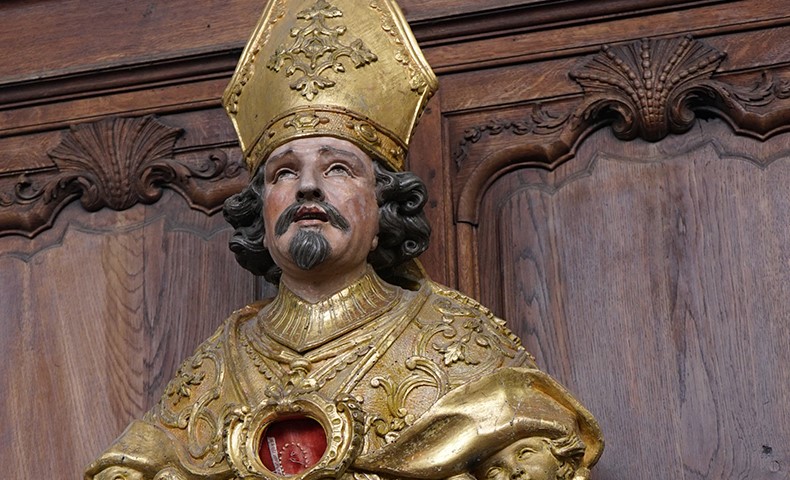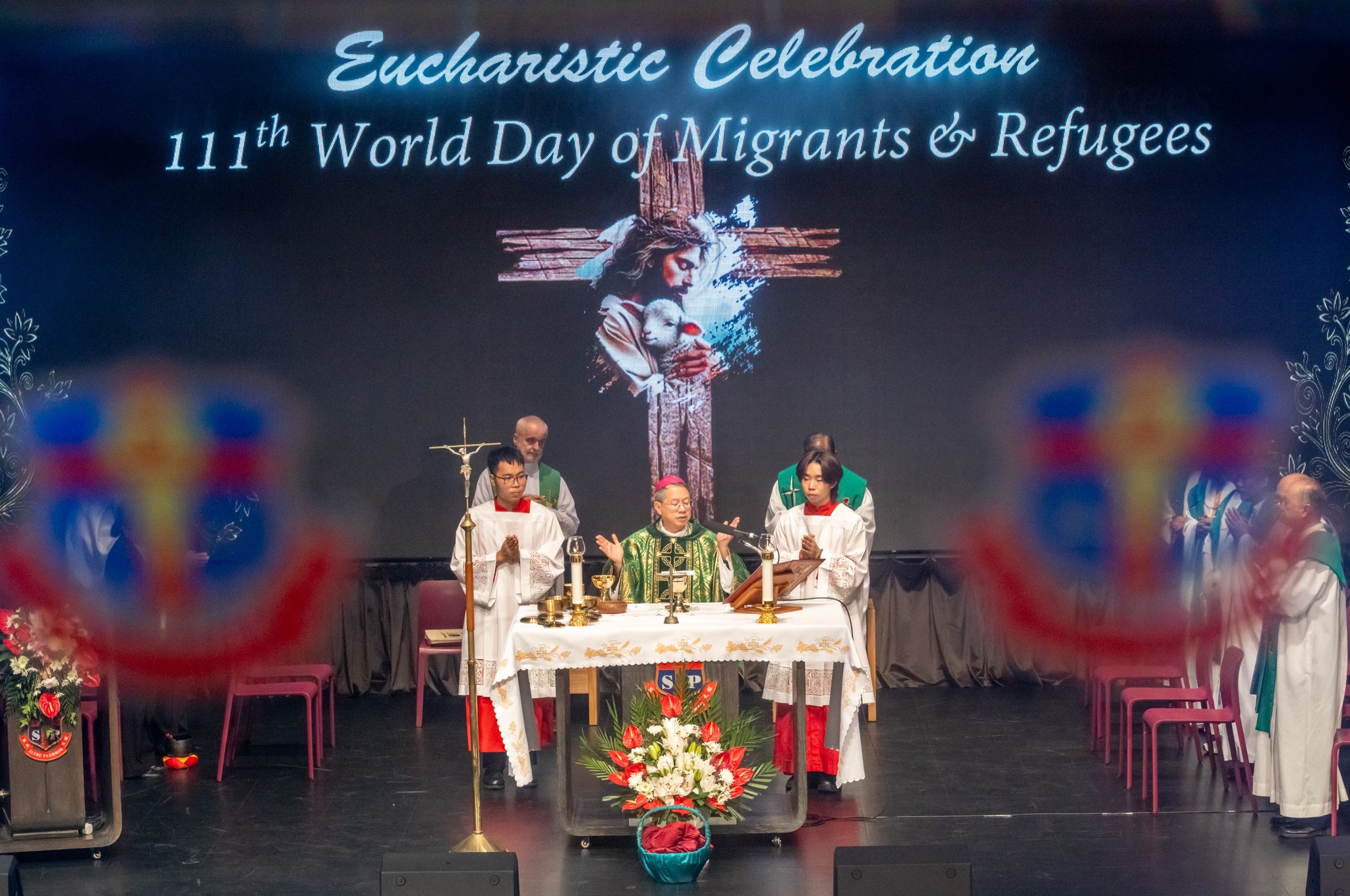– Anastasios
The 4th century was, in many regards, really an extraordinary century. Not only because we will have in this time freedom for Christians thanks to the emperor Constantine, but also because of the many great Christian minds that will benefit Theology and Philosophy. We have spoken about some of them, we will speak about others. Here we want to mention Hilary of Poitiers (310-367), a Bishop and a Doctor of the Church. He was since his youth a lover of knowledge and of classic literature, but he cannot find the fullness of the truth he was asking for. That fullness of truth will be found in the good news of Christianity. He was a made a Bishop by the people and clergy of Poitiers (in today’s France) despite the fact that he was married and with a daughter. In his time, the great urgency was the fighting against heresies, as arianism. He will not spare efforts to fight against this and other heresies. His major work is De Trinitate.
In the Catholic News Agency we find an article that describes this great thinker: “Remarkably, this staunchly orthodox bishop also showed great charity toward those he believed were honestly mistaken. He worked closely with groups of clergy and faithful whose formulations of dogma he perceived to be merely imperfect or imprecise, but not intentionally heretical, to support what was correct in their understanding and lead them into full adherence with tradition. Hilary even traveled to Constantinople during his exile, to explain to the city’s bishops why their emperor was not orthodox. After the death of Constantius II in 361, Hilary was able to return to his diocese at Poitiers. Once exiled for opposing Arianism in Gaul, he lived to see it squarely condemned in the local church after his return. Although deeply committed to the leadership of his own diocese, Hilary took steps late in his life to support orthodox teaching in other regions. Most significantly, he denounced Auxentius, the Arian bishop of Milan. Subsequent opposition to Auxentius led to his succession by St. Ambrose of Milan, who, in turn, greatly influenced the conversion of St. Augustine.”
Let us read some passages from De Trinitate, his masterwork.
“When I was seeking an employment adequate to the powers of human life and righteous in itself, whether prompted by nature or suggested by the researches of the wise, whereby I might attain to some result worthy of that Divine gift of understanding which has been given us, many things occurred to me which in general esteem were thought to render life both useful and desirable. And especially that which now, as always in the past, is regarded as most to be desired, leisure combined with wealth, came before my mind. The one without the other seemed rather a source of evil than an opportunity for good, for leisure in poverty is felt to be almost an exile from life itself, while wealth possessed amid anxiety is in itself an affliction, rendered the worse by the deeper humiliation which he must suffer who loses, after possessing, the things that most are wished and sought. And yet, though these two embrace the highest and best of the luxuries of life, they seem not far removed from the normal pleasures of the beasts which, as they roam through shady places rich in herbage, enjoy at once their safety from toil and the abundance of their food. For if this be regarded as the best and most perfect conduct of the life of man, it results that one object is common, though the range of feelings differ, to us and the whole unreasoning animal world, since all of them, in that bounteous provision and absolute leisure which nature bestows, have full scope for enjoyment without anxiety for possession.”
A little later he speaks about his education: “Some of these teachers brought forward large households of dubious deities, and under the persuasion that there is a sexual activity in divine beings narrated births and lineages from god to god. Others asserted that there were gods greater and less, of distinction proportionate to their power. Some denied the existence of any gods whatever, and confined their reverence to a nature which, in their opinion, owes its being to chance-led vibrations and collisions. On the other hand, many followed the common belief in asserting the existence of a God, but proclaimed Him heedless and indifferent to the affairs of men. Again, some worshipped in the elements of earth and air the actual bodily and visible forms of created things; and, finally, some made their gods dwell within images of men or of beasts, tame or wild, of birds or of snakes, and confined the Lord of the universe and Father of infinity within these narrow prisons of metal or stone or wood. These, I was sure, could be no exponents of truth, for though they were at one in the absurdity, the foulness, the impiety of their observances, they were at variance concerning the essential articles of their senseless belief. My soul was distracted amid all these claims, yet still it pressed along that profitable road which leads inevitably to the true knowledge of God. It could not hold that neglect of a world created by Himself was worthily to be attributed to God, or that deities endowed with sex, and lines of begetters and begotten, were compatible with the pure and mighty nature of the Godhead. Nay, rather, it was sure that that which is Divine and eternal must be one without distinction of sex, for that which is self-existent cannot have left outside itself anything superior to itself. Hence omnipotence and eternity are the possession of One only, for omnipotence is incapable of degrees of strength or weakness, and eternity of priority or succession. In God we must worship absolute eternity and absolute power.”
No doubt that Hilary had found the only truth in Jesus Christ. But the fight of which he is a symbol, the fight for truth, is still going on in our own time.


 Follow
Follow


